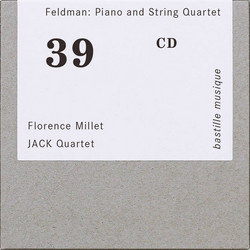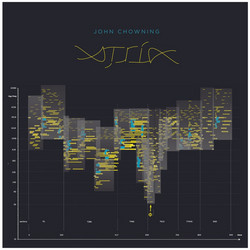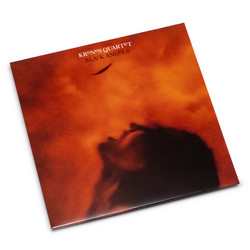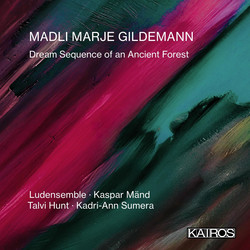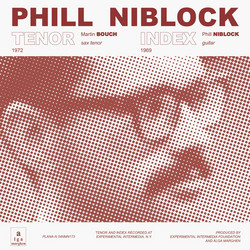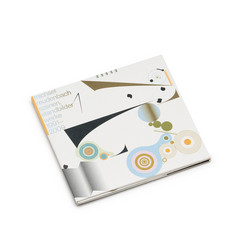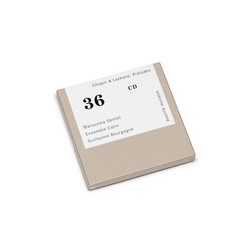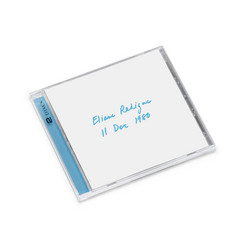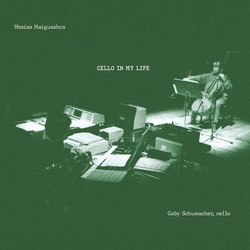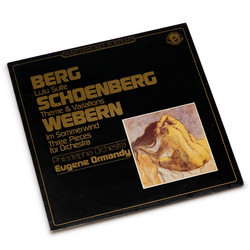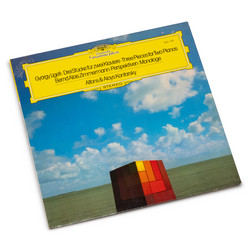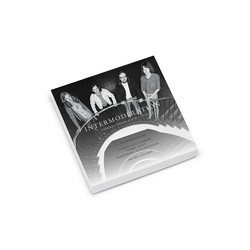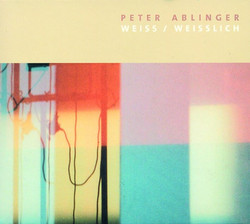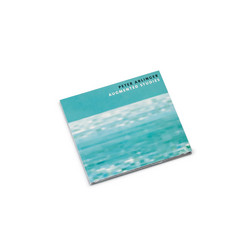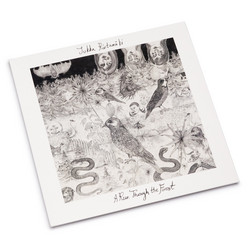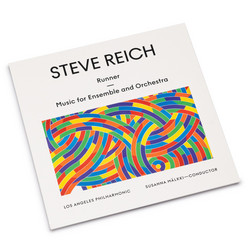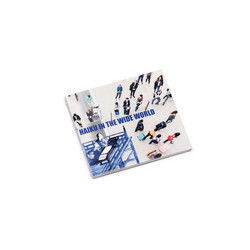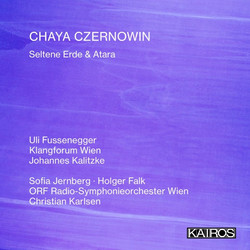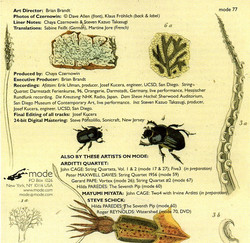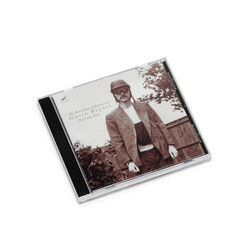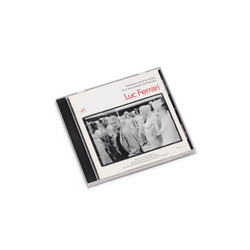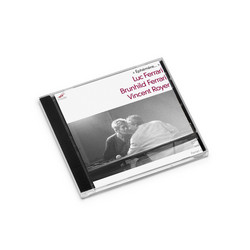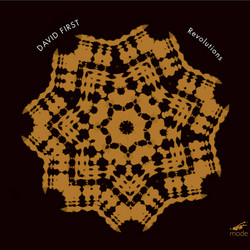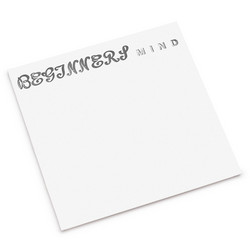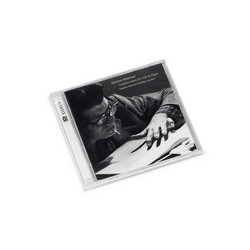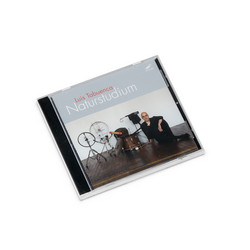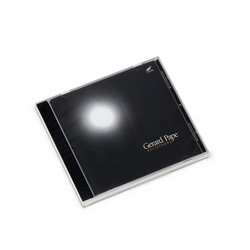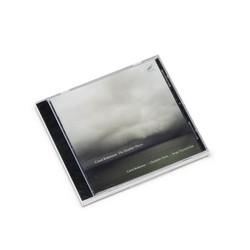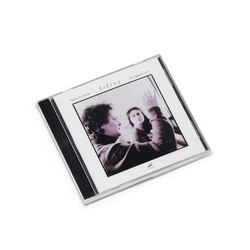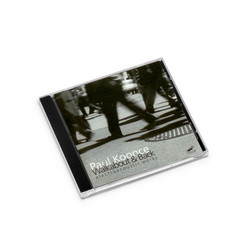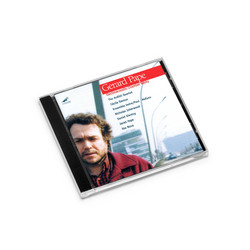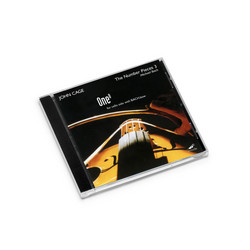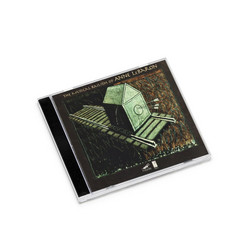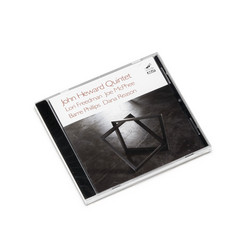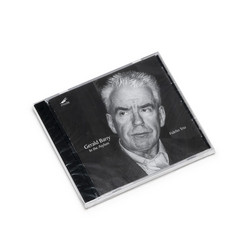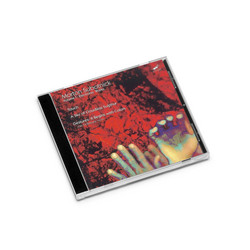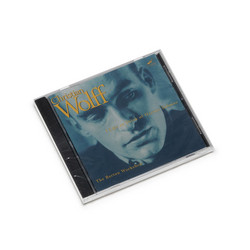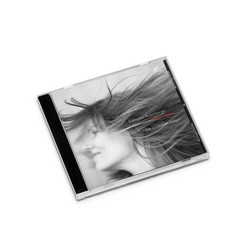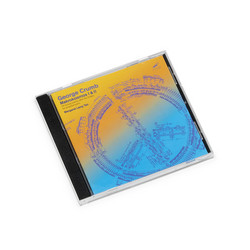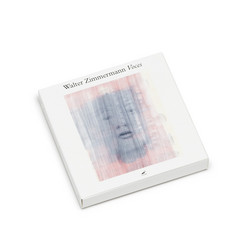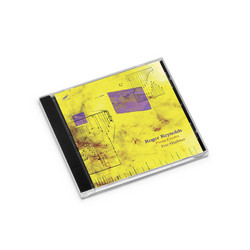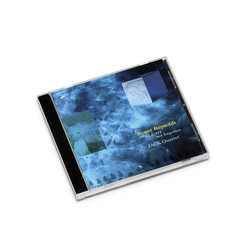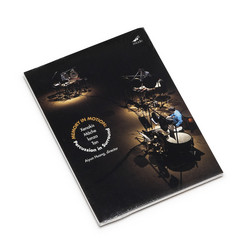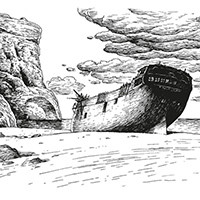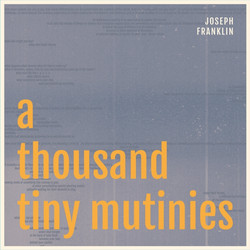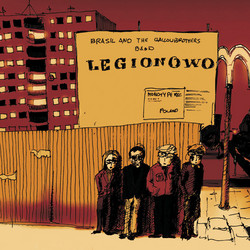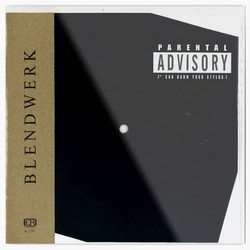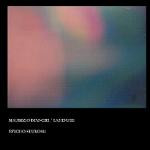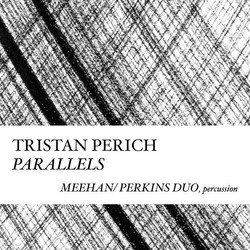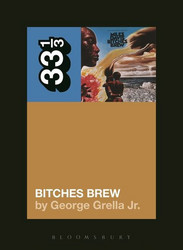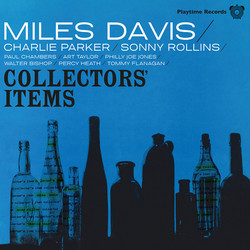Maim, a major piece in Chaya Czernowin’s œuvre, is a large scale, 50-minute orchestral tryptch with 5 soloists. The 5 soloists are include regular interpreters of her music: Rico Gubler, tubax (a hybrid of a saxophone & tuba); Peter Veale, oboe & musette; John Mark Harris, piano & harpsichord; Seth Josel, guitars; Mary Oliver, viola. Maim, “water” in Hebrew, is the metaphor which dominates the piece. Elementary forms of water appear throughout Maim, musically translated. Scattered droplets — articulated as points — close Maim zarim, maim gnuvim; the same droplets begin Mei Mecha’a, but this time, perhaps, condensed. Condensation, indeed, is meant in almost a literal sense here: where at the end of Maim zarim, maim gnuvim these are truly heard as liquid points, in their re-articulation at the beginning of Mei Mecha’a, they are in a state between that and one seemingly gaseous, or at least cloud-like, even if whether vapor is condensing into liquid, or vice versa, remains unclear. Those same points begin to crystallize into solid form in their rapid, meccanico repetition, which dominates the centre of The Memory of Water. But this is not a romantic tone poem. The motion between its states follows a logic which is anything but that of water itself. Maim springs from the thought that only a small part of human communication lies in words. Most comes through gestures, timbre, tempo, and the world’s great problems result from the overvaluation of words. Influenced by the huge media coverage of the Middle East, Chaya Czernowin has composed a sensitive piece which sounds out the possibilities of music against the background of a newly understood communication. Following its Berlin premier in March 2007 at the prestigious MaerzMusik Festival, the critic John Warnaby said: “…“Maim” is probably her finest achievement to date. …the product of a remarkable sonic imagination. The solo instrumental quintet and ‘live’ electronics create a delicate tapestry of sound, but equally the orchestra is deployed with considerable power when necessary.”
Born in Israel, composer Chaya Czernowin has lived in Germany, Japan and the U.S. Her teachers included Dieter Schnebel, Joan Tower, Brian Ferneyhough and Roger Reynolds. Czernowin’s sound occupies a unique world. Often many instruments are used to become one “composite” instrument. Time is slowed down, so that the slow flow of sound enables one to perceive the smallest details of a texture or a sound. The resulting music can feel fluid, dense or agitated, at times echoing that of Xenakis and Ferneyhough.

